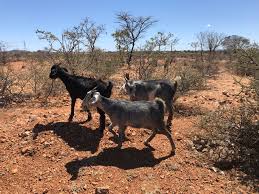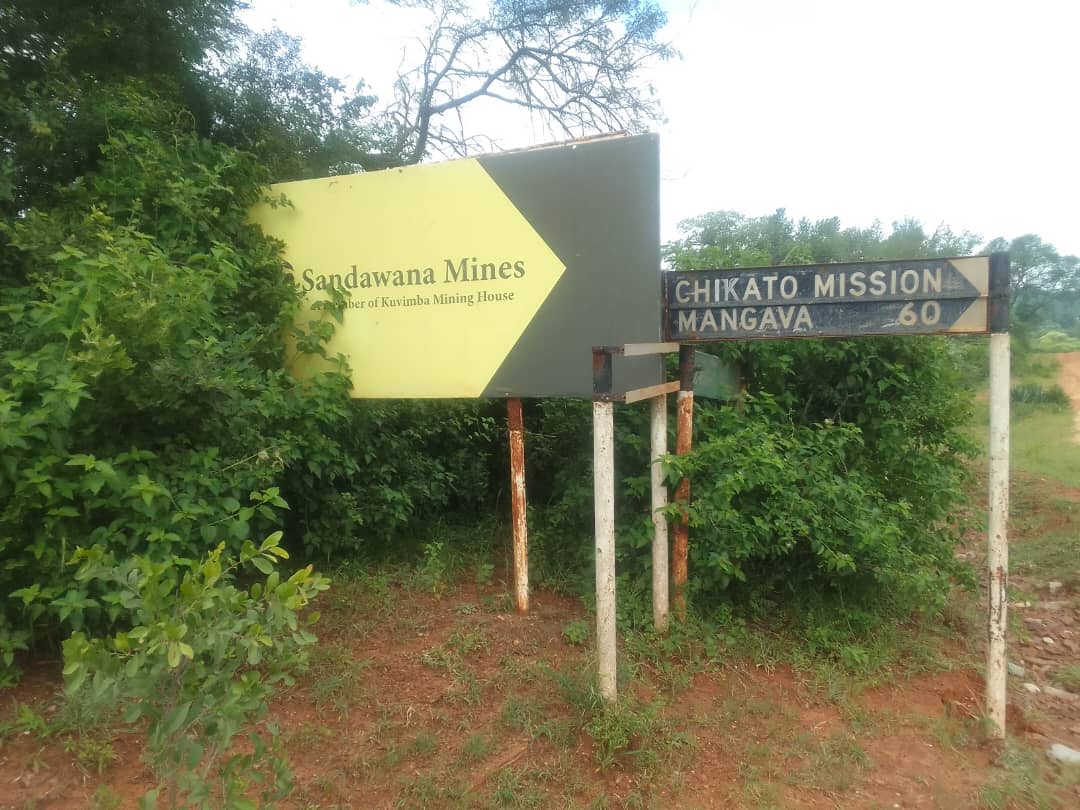EnviroPress Reporter
The dry Chivi community is set to benefit from the three year US$14 million programme to help rural communities adapt and build resilience to climate change shocks.
Chivi, together with Binga, Chipinge and Insiza are set to benefit from the fund availed by the UK Aid in Zimbabwe through the United Nations Development Programme (UNDP) in partnership with the government of Zimbabwe.
UNDP resident coordinator Mia Seppo said the project acted as an enabler of inclusive growth, sustainable development and energy equality.
“Through this project, UNDP and Foreign Commonwealth and Development aim to support the Government of Zimbabwe attain its climate goals and support vulnerable communities and institutions adaptation and resilience capacity to climate shocks.
“The programme will support the development of climate resilient, multiple uses of water and renewable energy infrastructure in vulnerable communities in Zimbabwe,” said Seppo.
She said the programme will enable continued access to water for productive and household uses including during droughts and floods.
Under the programme, new irrigation schemes will be developed as well as the rehabilitation of the existing ones.
During EnviroPress’ policy dialogue with stakeholders in Chivi supported by Southern Africa Trust, it was highlighted that the natural resources in the district should be leveraged to support local communities’ climate adaption capacity.
Chivi sits of rich gold and diamond deposits which are being exploited by outsiders without much benefit of the locals.
Chivi Central legislator Ephraim Gwanongodza said for the community to survive climate shocks, there was need for the establishment of irrigation schemes and smart water harvesting techniques that enables irrigation for the dry area.
Chivi houses Zimbabwe’s biggest inland water body, Tugwi-Mukosi Dam, which was commissioned in 2017 but has not benefitted the community in terms of water provision or irrigation.
This project was made possible through a partnership with the Southern Africa Trust. The views expressed herein do not necessarily represent that of the Trust or its associates. www.southernafricatrust.org








